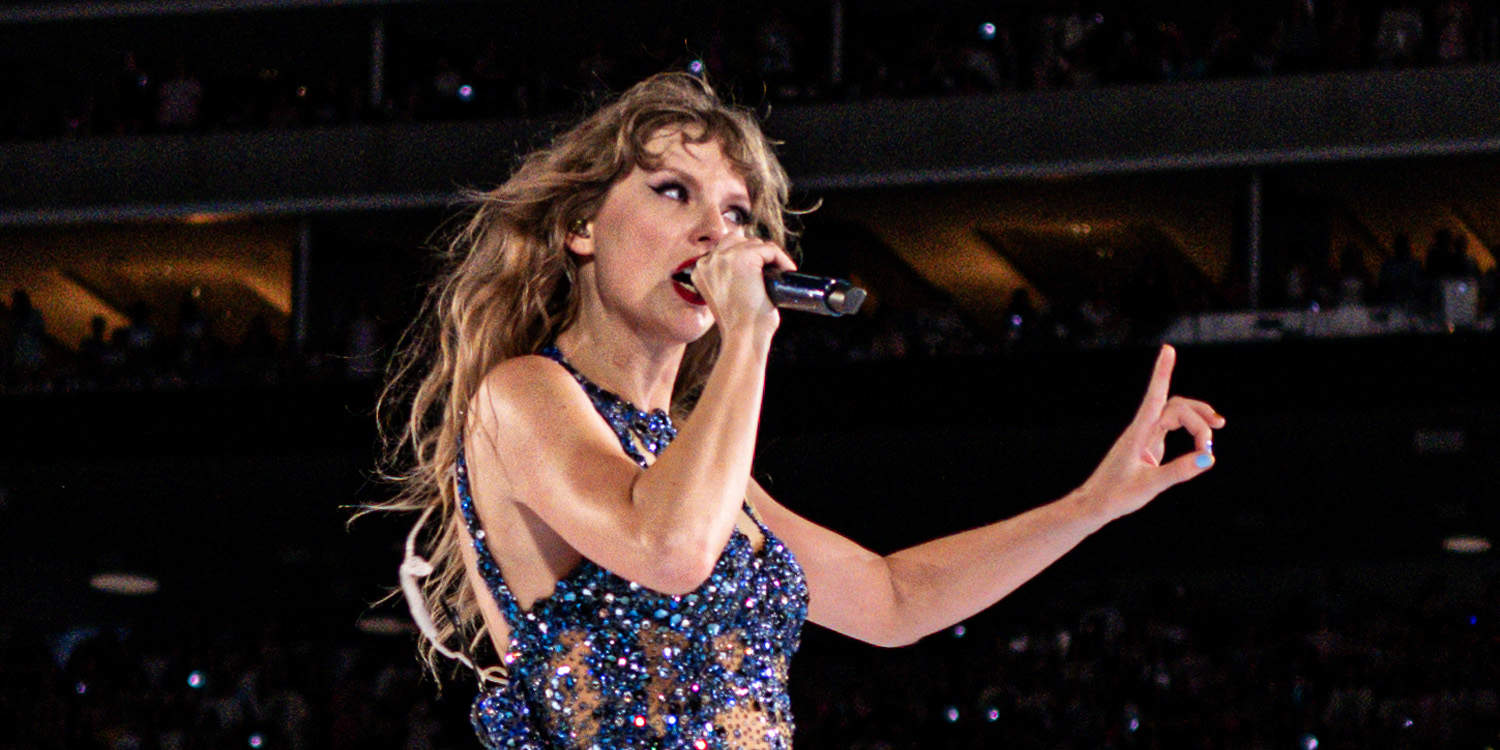In a recent study published in American Politics Research, scholars examined whether Taylor Swift, one of the world’s most popular musicians, could influence young people’s views on a public policy issue. The study found that when Swift’s name was associated with a policy, respondents were less likely to disagree with it, although the endorsement had minimal impact on increasing outright agreement with the policy.
The researchers were interested in understanding the broader impact of celebrity endorsements in politics. While it is well-documented that celebrities can influence voting behavior, less is known about their ability to shape public opinion on specific policy issues. Taylor Swift was chosen for this study because of her status as a “super-celebrity”—someone with not only a large fan base but also a deep emotional connection with her fans.
“Since I wrote my dissertation in the late 1990s on the topic, I have been fascinated by the relationships between entertainment media and political beliefs. Celebrity activity in politics is a natural offshoot of this interest,” explained study author David J. Jackson, a professor of political science at Bowling Green State University.
The researchers conducted an experimental survey using a sample of students from a large Midwestern university. The survey was designed to measure the effect of a hypothetical endorsement by Taylor Swift on a specific public policy issue: the role of parents and teachers in selecting books for high school libraries. The survey was conducted over a week in late July and early August 2023.
Participants were divided into two groups. The control group received a neutral statement: “Parents and teachers should have an equal say in deciding which books to include in high school libraries.” The treatment group received the same statement but with an added endorsement: “Taylor Swift believes that parents and teachers should have an equal say in deciding which books to include in high school libraries.” Participants were then asked how they felt about the statement.
The survey garnered responses from 770 students, though not all participants answered every question. The sample was predominantly white (86%), with 55% identifying as female. The majority of participants were between the ages of 19 and 21, reflecting the typical age distribution of a university student population. Politically, the sample leaned left, with 38% identifying as Democrats and 49% considering themselves liberal.
The results revealed a modest but notable influence of Taylor Swift’s hypothetical endorsement on the participants’ opinions. In the control group, 46.9% of respondents disagreed with the idea that parents and teachers should have an equal say in selecting high school library books. In contrast, in the group where Swift’s endorsement was mentioned, only 39.9% disagreed—a difference of seven percentage points.
“Respondents are less likely to disagree with a public policy position if Taylor Swift’s name is attached to the position,” Jackson told PsyPost. “This suggests that celebrities can influence not just people’s candidate choices, but their policy positions as well.”
Interestingly, the group exposed to Swift’s endorsement was more likely to be neutral (23.3% compared to 17.3% in the control group), though they were only slightly more likely to agree with the statement (36.8% compared to 35.8%). This suggests that while Swift’s endorsement did not drastically increase agreement with the policy, it did reduce outright disagreement and increased neutrality among respondents.
“We expected Swift to show a greater impact,” Jackson said. “However, had we controlled for how positively or negatively people feel about her and if they perceive her as credible, we likely would have gotten stronger results. ”
While the study provides valuable insights, it is important to consider its limitations. The sample consisted entirely of university students, which limits the generalizability of the findings to the broader population. University students tend to be younger and more liberal than the general public, and their views might not represent those of older or more conservative individuals.
Additionally, the study opens the door for further investigation into the mechanisms behind celebrity influence on public opinion. The researchers suggested that Swift’s influence might be linked to her perceived credibility, attractiveness, and the emotional connection her fans have with her. Understanding these factors more deeply could help explain why certain celebrities have a greater impact on public opinion than others.
Looking forwards, Jackson and his colleagues plan “to continue contributing to our knowledge of the influence of celebrities in politics, and perhaps to do more global/comparative work.”
The study, “Taylor Swift as a Potential Celebrity Political Endorser,” was authored by David J. Jackson, Anthony J. Nownes, and Thomas Norton.




